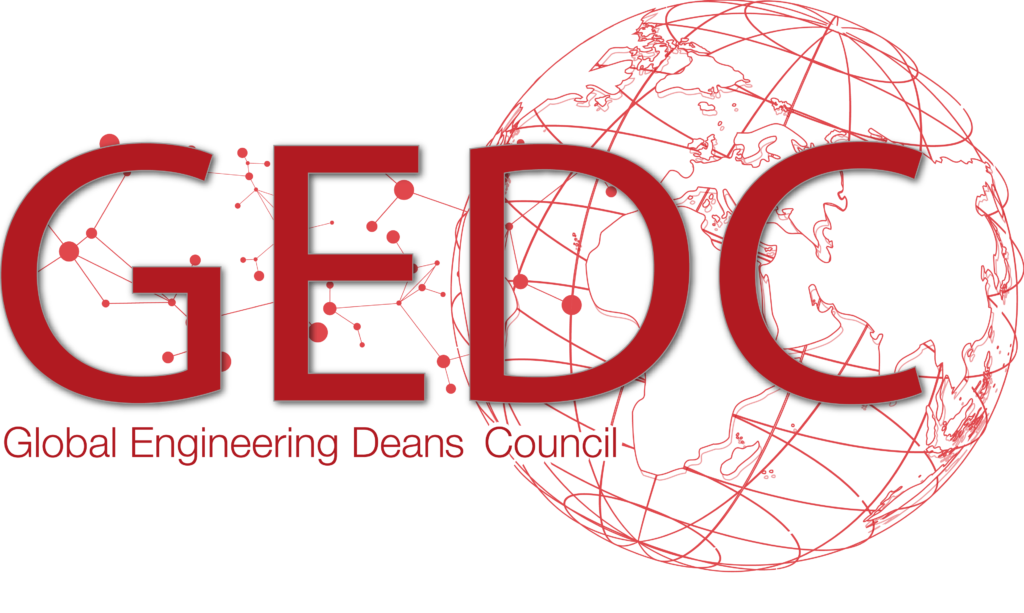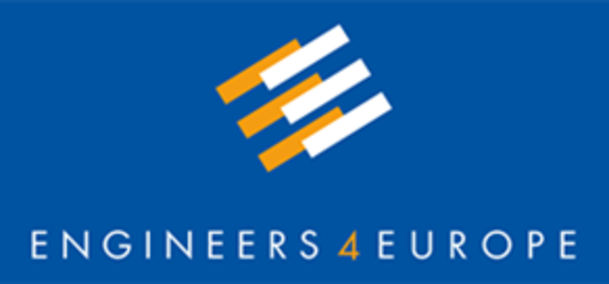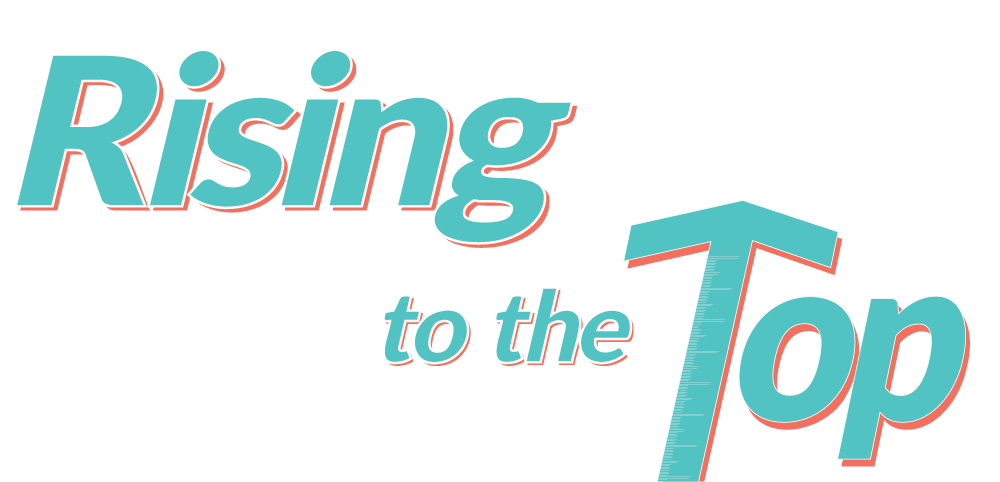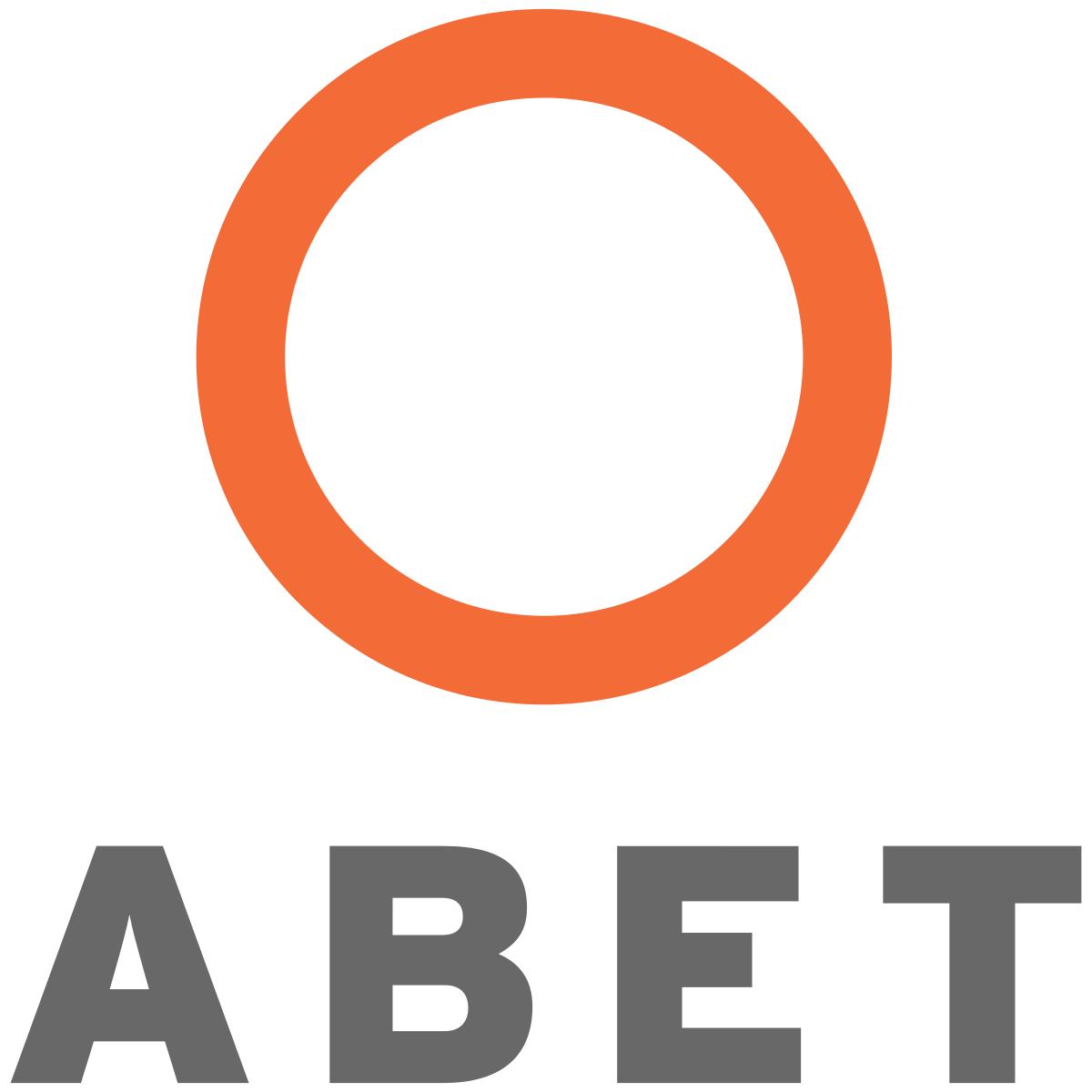In today’s economy and society, engineering is ubiquitous. There is an engineer behind virtually every product and service that we use or deploy in our daily lives. Engineers are crucial to ensure innovation, to contribute to economic growth and to tackle societal challenges such as health and environment.
In the EU, the engineering profession is confronted with structural changes and skill mismatches with increasing gaps in transversal skills, so high in demand by the employers. It is a challenge to overcome the distance between the worlds of education and work. The EU, international policy documents and research corroborate those challenges and identify a shortage of “socially driven engineers”, chronically needed to meet EU targets for 2030 and 2050.
The objective of E4E is to foster innovation and resilience of EU engineers through the acquisition of new competences, including skills, knowledge, attitudes and leadership, with a focus on digital, green, resilience and entrepreneurship, geared by the new requirements of the world of work.
E4E’s operational objective is to bridge the gaps between education, training and industry, while operationalizing EU competence frameworks (DigComp, LifeComp, EntreComp) for engineers. Activities with related outputs, are:
- To define and establish the Engineering Skills Council, a multi-stakeholder EU platform for enhanced dialogue and collaboration between representatives of education, training, industry and employers
- To design a monitoring methodology to gauge the dynamics, challenges and opportunities of the engineering profession, culminating in the yearly Engineering Skills Strategy
- To develop and deliver the E4E Curriculum, an innovative training for transversal competences and skills
With 11 full partners and 13 Associated Partners, E4E is a robust “Alliance”, representing the whole spectrum of VET, HE and industry. E4E will directly engage at least 700 learners through the delivery of training; 1.150 practitioners and stakeholders through the E4E Road Show and Events across EU and a total of 86.750 people through valorisation activities.
For more information, head to the website:












